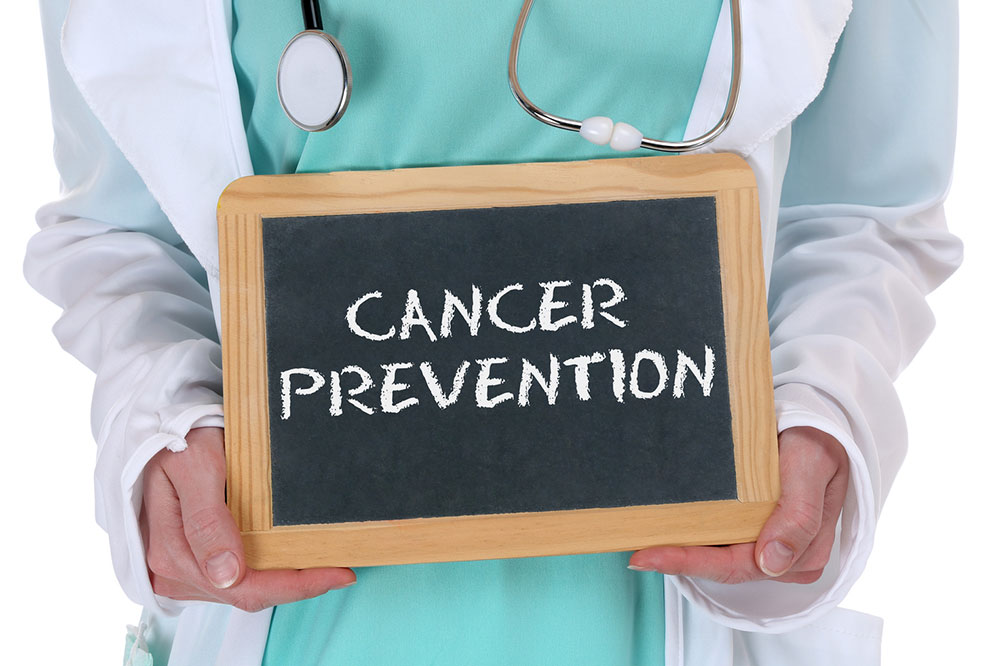
Cancer – Common Risk Factors and Tips to Reduce Risk
Certain changes in the DNA or exposure to other factors can lead to the uncontrolled growth of cells. These abnormal cells gradually crowd out the healthy cells and disrupt the body’s functioning; this condition is known as cancer. There is no fool-proof prevention available for cancer, but avoiding the controllable risk factors can help. This article discusses some common risk factors and prevention tips for cancer.
1. Cancer risk factors
- Environmental exposure
Many carcinogenic substances are present in the environment, including the outdoors, one’s workplace, and even home. Exposure to these substances increases an individual’s risk of developing cancer. The use of tobacco and cigarette smoking falls in this category. Exposure to asbestos, a mineral that can cause multiple cancers and illnesses, is common among people living in older houses and industrial buildings. People with excessive exposure to pollution also develop a high risk of cancer. - Exposure to radiation
Exposure to ultraviolet radiation from the sun can lead to skin cancer. Radon gas, which is present in the soil, also has cancer-causing elements, and long-term radon exposure leads to lung cancer. Other radiation, like medical imaging and treatment, is also a risk factor for cancer. - Infections
Infections also can cause cancer. For example, various viral infections sometimes change DNA structures and cause cells to become cancerous. Additionally, various other infections, like HIV, suppress the immune system and fuel the growth of cancer cells. Besides, a Human Papillomavirus (HPV) infection can increase the risk of mouth and throat, cervical, anal, vulvar, vaginal, and penile cancer. - Age
Although cancer can occur at any age, older adults are more prone to developing it. This is due to continuous exposure to carcinogens and trigger factors for inflammation over the years. Also, the body’s defense system becomes less efficient with growing age, leaving an individual susceptible to illnesses. - Tobacco
In addition to lung diseases, tobacco usage increases the risk of developing several types of cancer. - Alcohol intake
Alcohol can lead to irreversible genetic damage to stem cells, and alcoholic beverages may also contain carcinogenic contaminants introduced during the fermentation and production of the drink.
2. Prevention tips for cancer
- Maintain a healthy weight
Being overweight or obese is directly linked to an increased risk of developing cancer, so it’s advisable to watch one’s BMI closely to reduce the risk. - Limit the consumption of added sugars and unhealthy fats
It’s best to limit the consumption of sugary foods and beverages and avoid foods high in unhealthy fats. These foods are loaded with calories and are low on nutrients, so say no to artificially sweetened beverages and processed snacks. - Eat plenty of vegetables, fruits, and whole grains
One should include multiple servings of dark green vegetables, fruits, and whole-grain foods in their regular diet. Such foods boost the immune system and improve overall health, reducing the risk of several diseases.
These are some of the common risk factors and prevention tips for cancer that everyone should know about.


